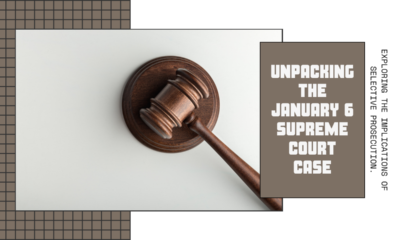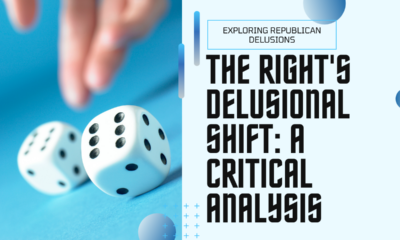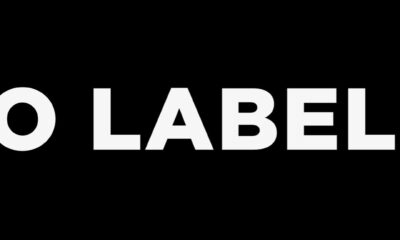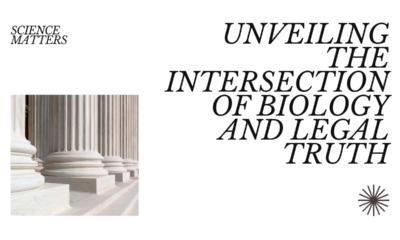News
Meta working on AI tech that can read brain waves to ‘hear’ what people can hear

In another futuristic endeavor, Facebook parent company Meta is currently developing artificial intelligence that can read human brainwaves to “hear” what a person is hearing in real time.
The early research stages included studying 169 adult participants, who were connected to electrodes and non-invasive devices to record the participants’ brain waves as they listened to stories read to them as well as sentences in English and Dutch.
Their responses were recorded and the information fed into an artificial intelligence model to sift through the information and filter out patterns to determine what the person was hearing.
The idea is to “decode speech from noninvasive recordings of brain activity,” which Meta hopes can, in the future, assist those affected by traumatic brain injuries that leave them unable to communicate via talking or typing. The early research looks promising, according to Meta.
“From three seconds of brain activity, our results show that our model can decode the corresponding speech segments with up to 73 percent top-10 accuracy from a vocabulary of 793 words, i.e., a large portion of the words we typically use on a day-to-day basis,” the company said in a statement.
Meta hopes the new tech could have impactful real-life applications in the future. “The ultimate goal of enabling patient communication will require extending this work to speech production. This line of research could even reach beyond assisting patients to potentially include enabling new ways of interacting with computers,” the company said.
What patients need down the line is a device that works at bedside and works for language production,” said Jean Remi King, a research scientist at Facebook Artificial Intelligence Research (FAIR) Lab to TIME.
“I think one possible next step is to try to decode what people attend to in terms of speech—to try to see whether they can track what different people are telling them,” she added, “but more importantly, ideally we would have the ability to decode what they want to communicate.”
Terry A. Hurlbut has been a student of politics, philosophy, and science for more than 35 years. He is a graduate of Yale College and has served as a physician-level laboratory administrator in a 250-bed community hospital. He also is a serious student of the Bible, is conversant in its two primary original languages, and has followed the creation-science movement closely since 1993.
-

 Executive2 days ago
Executive2 days agoJanuary 6 case comes down to selective prosecution
-

 Executive1 day ago
Executive1 day agoBiden ballot woes continue
-

 News2 days ago
News2 days agoRolling the Dice on Republicans: Has the Right Become Delusional?
-

 Civilization1 day ago
Civilization1 day agoPresident Biden Must Not Encourage Illegal Mass Migration From Haiti
-

 Executive2 days ago
Executive2 days agoWhy Fatal Police Shootings Aren’t Declining: Some Uncomfortable Facts
-

 Guest Columns1 day ago
Guest Columns1 day agoWhat Was Won in No Labels’ Crusade
-

 Civilization2 days ago
Civilization2 days agoBiology, the Supreme Court, and truth
-

 Entertainment Today2 days ago
Entertainment Today2 days agoWaste of the Day: Throwback Thursday: Millions Went To Video Game ‘Research’


